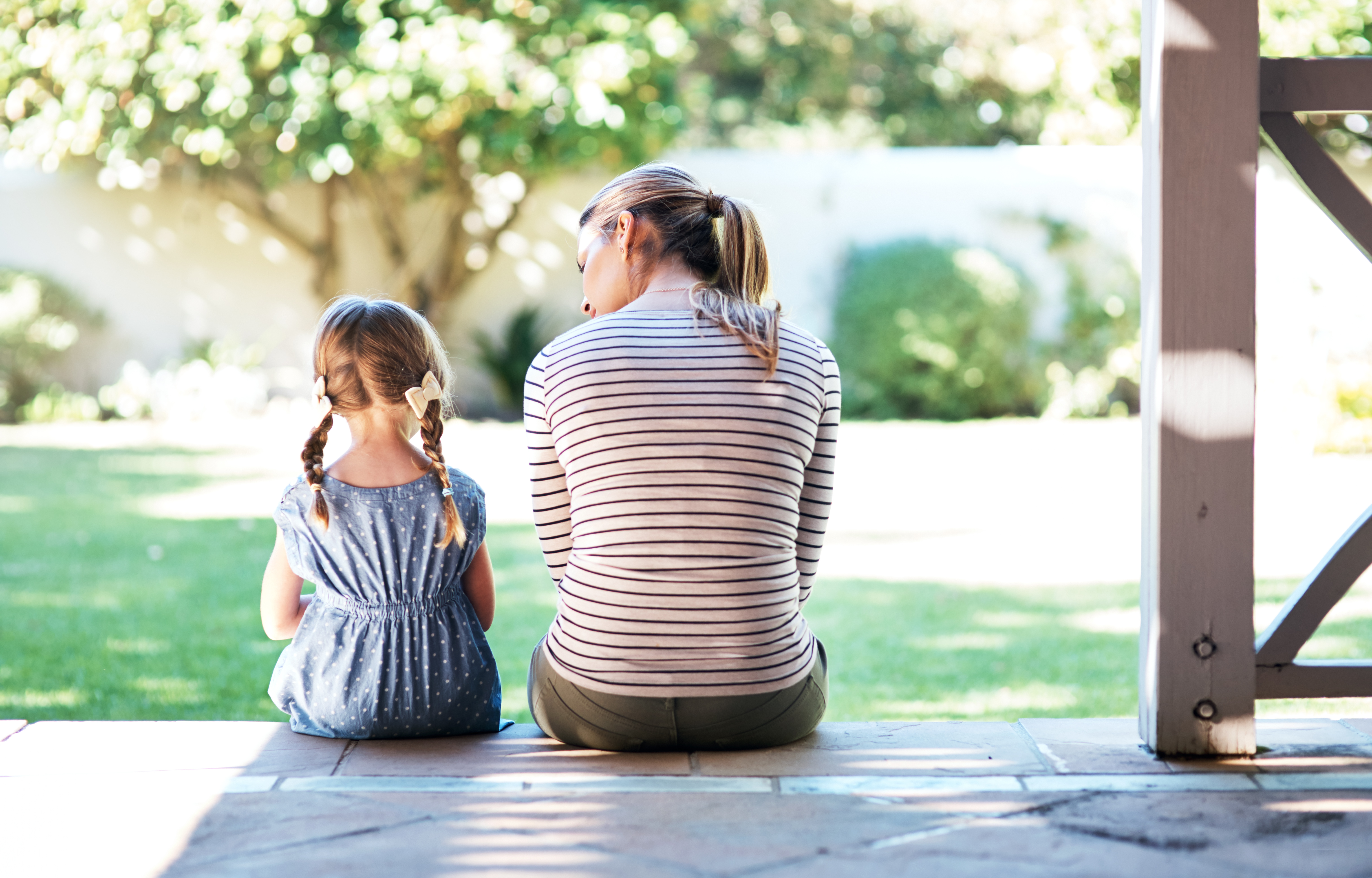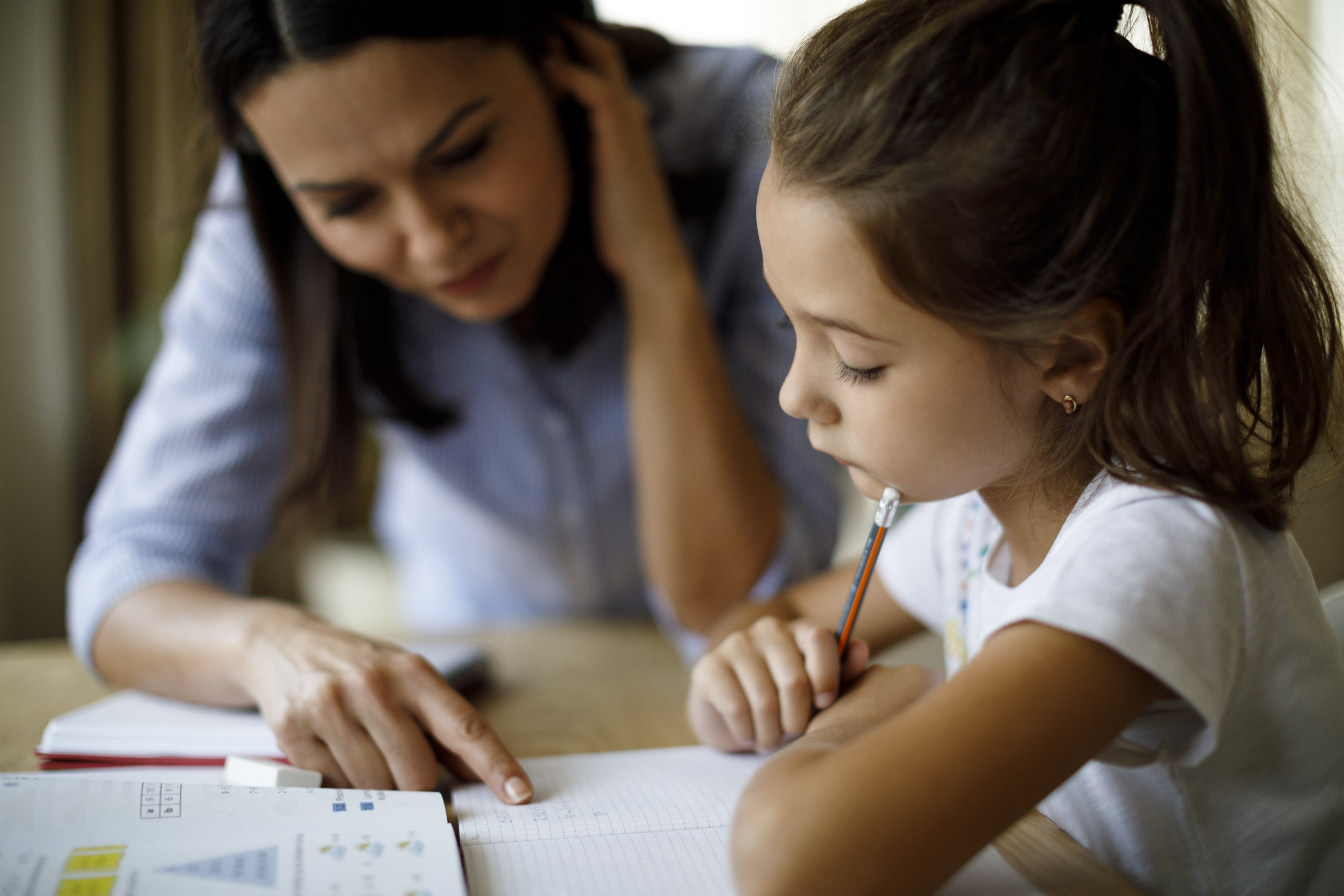As public conversations around COVID-19 increase, children may worry about themselves, their family, and friends getting ill with COVID-19.
Parents, guardians and family members can play an important role in helping children make sense of what they hear in a way that is honest, accurate, and minimises anxiety or fear as much as possible.
Children and young people need factual, age appropriate information about the virus and clear instruction about how to avoid spreading of the virus. Without the facts, they often imagine situations far worse than reality.
Talking to children about COVID-19
Let the child/young person’s questions and their age guide as to how much information to provide:
Young children
- Very young children need brief, simple information and reassurance that they are safe and that the people they care about are safe. They may ask questions like “will I get sick?” and “will granny/grandad die?”
- Reassure them that the Government is working hard to ensure that people all over the country stay healthy and safe
- Explain that at present, very few people in this country are sick with the virus
- Tell them that not everyone will get the virus and that the vast majority who get it recover fully
- Try to limit their access to information on the internet/television/social media that might be upsetting to them
Older children
- Older children may need help to separate reality from rumours and scaremongering they may be seeing online and hearing in their peer groups
- Either provide or direct them to where they can find accurate, and factual information about the current status of COVID-19. Having such knowledge can help them feel a sense of control and lessen anxiety
Anxiety
Children and young people look to the adults in their lives to guide them on how to react to worrying and stressful events. If the adults in their lives seem overly worried, their own anxiety may rise.
- Avoid constantly monitoring or discussing updates on the status of COVID -19, as this can increase anxiety.
- If they are anxious, let them talk about their feelings and guide them in reframing their thoughts and concerns to a more helpful way of thinking.
- Remember they may not always talk about their concerns readily. Watch for clues that they may want to talk, such as hovering around while you do the dishes etc.
- Don’t volunteer too much information or prompt questions, as this can be overwhelming. Instead, ask your child what they have heard and try to clearly and honestly answer any questions they may ask you.
- Remember that children will react to both what you say and how you say it. They will pick up cues from the conversations you have with them and with others. Remain calm and reassuring at all times.
- Make time to talk. Be sure your children know they can come to you when they have questions

Responsibility/stereotyping
Avoid language that might blame others and lead to stigma.
- Remind children/young people that no individual or group is ‘responsible’ for the virus.
- Remind them that they should not make negative comments about others in relation to the virus.
- Challenge any negative comments they make or any stereotyping.
- Remind them that viruses can make anyone sick, regardless of a person’s race or ethnicity. Avoid making assumptions about who might have COVID-19.
- Talk to children about how some stories on COVID-19 on the Internet and social media may be based on rumors and inaccurate information.
Facts about COVID-19 for discussions with children
Try to keep information and language as simple as possible and remind them that health officials are working hard to keep everyone safe and healthy:
“What is COVID-19?”
- COVID-19 is the short name for “coronavirus disease 2019.” It is a new virus. Doctors and scientists are still learning about it.
- Recently, this virus has made a lot of people sick. Scientists and doctors think that most people will be ok, especially children, but some people might get pretty sick.
- Doctors and health experts are working hard to help people stay healthy.
“What can I do so that I don’t get COVID-19?”
- You can practice healthy habits to help protect against the spread of COVID-19:
- Cough or sneeze into a tissue or your elbow. If you sneeze or cough into a tissue, throw it in the bin straight away
- Keep your hands out of your mouth, nose, and eyes. This will help keep germs out of your body
- Wash your hands with soap and water for at least 20 seconds. Follow these five steps—wet, lather (make bubbles), scrub (rub together), rinse and dry. You can sing the “Happy Birthday” song twice in this time
- If you don’t have soap and water, have an adult help you use a special hand cleaner
- Keep things clean. Older children can help adults at home to clean the things we touch the most, like counters, doorknobs, light switches, and remote controls. (Note for adults: you can find more information about cleaning and disinfecting on CDC’s website.)
- Children of all ages can feel less anxious and more in control when given guidance on what they can do to prevent infection. Give them this information. Further information is available here. Kids feel empowered when they know what to do to keep themselves safe
“What happens if you get sick with COVID-19?”
- Having COVID-19 can be different for different people
- For many people, being sick with COVID-19 would be a little bit like having the flu
- People can get a fever, cough, or have a hard time taking deep breaths.
- Most people who have gotten COVID-19 have not gotten very sick. Only a small group of people who get it have had more serious problems
- From what doctors have seen so far, most children don’t seem to get very sick. While a lot of adults get sick, most adults get better
- If you do get sick, it doesn’t mean you have COVID-19. People can get sick from all kinds of germs. What’s important to remember is that if you do get sick, the adults at home will help get you any help that you need
Staying home from school
- Encourage children to continue with their schoolwork and extracurricular activities, but don’t push them if they seem upset or overwhelmed.
- Help children find positive ways to express feelings such as fear or worry. Every child has their own way to express emotions. Sometimes engaging in a creative activity, such as playing, and drawing can facilitate this process.
Children feel relieved if they can express and communicate their feelings in a safe and supportive environment. - Maintain familiar routines in daily life as much as possible (as this can be reassuring) or create new routines, especially if children must stay at home. Staying rooted in routines and predictability is going to be helpful right now. Structured days with regular mealtimes and bedtimes are essential.

- Provide engaging age appropriate activities for children, including activities for their learning. As much as possible, encourage children to continue to play and socialise with others while adhering to social distancing guidelines, even if that means socialising only within the family.
- Consider being more lenient with your children’s social media and mobile phone use during their time away from school. Children and young people who go to school will be used to being around other children for several hours a day. They might find it difficult to be removed from this, especially if they're also worried about their health.
- Find out from their school what homework and digital learning will be available if they need to stay at home, and what technology they might need. Remember to add time in for breaks and lunch.
- If your children’s school has not supplied homework or digital learning, you could encourage your children to select books or podcasts they'd like to explore during their time away from school. You can also think about card games, board games and puzzles, and any other ways to stay active or be creative.
- For older teens, there are free online courses they could try out. For example, these could be from FutureLearn and BBC Bitesize. Your local library might also have online activities or resources you can use
If you suspect your child may have COVID-19, call your healthcare facility to let them know before you bring your child in to see them.
See https://www2.hse.ie/conditions/coronavirus/coronavirus.html for more or any information we have shared on the CarePlus website and social media channels.
Information from Education.ie, CDC, HSE

